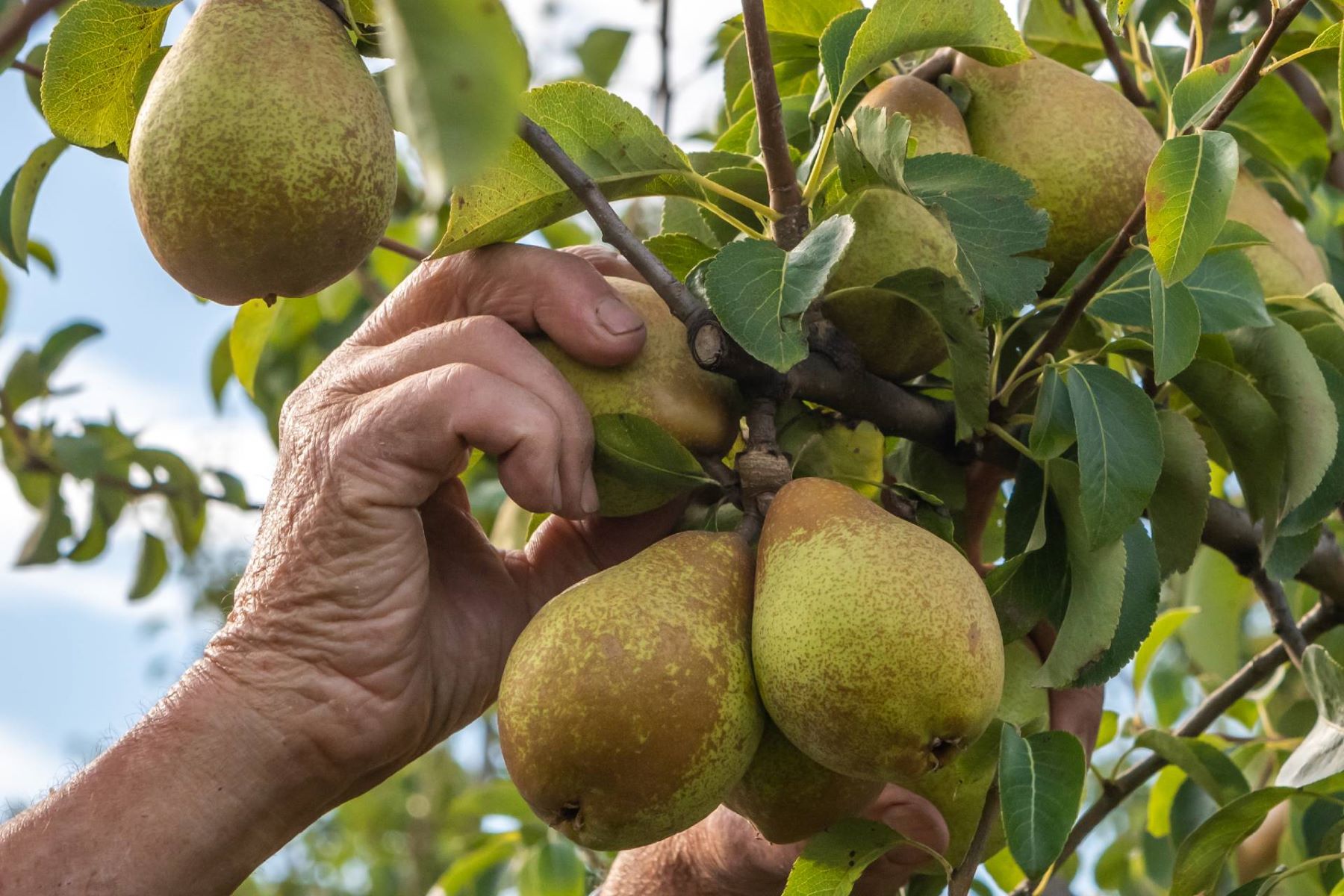

Articles
How To Store Ripe Pears
Modified: February 27, 2024
Learn the best techniques for storing ripe pears to ensure their freshness and flavor for extended periods. Read our helpful articles on proper storage methods.
(Many of the links in this article redirect to a specific reviewed product. Your purchase of these products through affiliate links helps to generate commission for Storables.com, at no extra cost. Learn more)
Introduction
Welcome to the world of ripe pears! There’s nothing quite like biting into a juicy, flavorful pear that is perfectly ripe. However, we all know that pears can quickly go from underripe to overripe, leaving us with a mushy mess. That’s why knowing how to store ripe pears is crucial to enjoying their deliciousness at the right moment.
In this article, we will guide you through the process of selecting and storing ripe pears to ensure optimal freshness and flavor. Whether you picked them from your own pear tree or bought them from the grocery store, these tips and tricks will help you make the most out of your ripe pears.
From understanding the signs of ripeness to exploring different storage methods, we’ve got you covered. So, let’s dive in and discover the best practices for storing those delectable ripe pears!
Key Takeaways:
- Choose ripe pears by color, firmness, smell, and skin condition. Store at room temperature, separate from other fruits, and handle with care to maintain freshness and flavor.
- Extend pear shelf life by refrigerating, ripening at home, and utilizing proper storage methods. Regularly inspect, sort, and handle with care to maximize enjoyment.
Read more: How To Store Ripe Figs
Choosing Ripe Pears
Selecting the right pears when they are at their peak ripeness is essential for enjoying their luscious flavor and sweet juiciness. Here are some tips to help you choose the perfect ripe pears:
- Look for the right color: Pears come in various shades, depending on the variety. For most types, a golden or yellow undertone with a hint of blush indicates ripeness. Avoid pears that are still mostly green, as they are likely to be underripe.
- Check for firmness: Gently press the pear near the stem with your thumb. If it yields slightly to pressure, it is ripe and ready to eat. Be careful not to apply too much pressure, as this can bruise the fruit.
- Smell the pear: Ripe pears emit a sweet aroma from the stem end. Give it a light sniff to ensure it has a pleasant fragrance.
- Inspect the skin: The skin of a ripe pear should be smooth, without any blemishes or wrinkling. Avoid pears with cuts, bruises, or soft spots, as these are signs of decay.
By following these guidelines, you can ensure that you select pears that are at their optimal ripeness and ready to be enjoyed.
Storing Ripe Pears
Once you have chosen the perfect ripe pears, it’s important to store them properly to maintain their flavor and texture. Here are some recommendations for storing ripe pears:
- Keep them at room temperature: Ripe pears are best stored at room temperature, away from direct sunlight and heat sources. This allows them to continue ripening and develop their full flavor. Place them in a fruit bowl or on the countertop, ensuring they are not overcrowded.
- Avoid storing with other fruits: Pears emit ethylene gas, a naturally occurring hormone that speeds up the ripening process. To prevent overripening and potential spoilage, keep ripe pears separate from other fruits, especially those that are more sensitive to ethylene, such as apples and bananas.
- Handle with care: Ripe pears are delicate and can bruise easily. Avoid stacking or piling them on top of each other, as this can cause pressure points and lead to bruising. Handle them gently when transferring or arranging them.
- Check for ripeness regularly: Keep an eye on your ripening pears and regularly check their firmness and aroma. Once they reach your desired level of ripeness, it’s time to consume them or move them to the refrigerator to slow down further ripening.
By following these storage practices, you can ensure that your ripe pears stay fresh and delicious until you’re ready to enjoy them.
Refrigerating Ripe Pears
If you find that your ripe pears are at the perfect level of ripeness and you’re not ready to eat them just yet, you can extend their shelf life by refrigerating them. Here are some tips for refrigerating ripe pears:
- Choose the right temperature: Store your ripe pears in the refrigerator at a temperature between 32°F (0°C) and 40°F (4°C). This helps slow down the ripening process and allows them to stay fresh for a longer period.
- Wrap them individually: To prevent the pears from absorbing any odors in the refrigerator and to protect them from excess moisture, wrap each pear individually in a piece of paper towel or place them in a perforated plastic bag before placing them in the refrigerator.
- Keep them separate: To avoid any damage and bruising, make sure to store the pears away from other fruits and vegetables in the refrigerator. Pears are sensitive to ethylene gas, so keeping them isolated will prevent them from overripening.
- Monitor their condition: Check the pears regularly while they are refrigerated. Ripe pears can last for a few days in the refrigerator, but it’s important to consume them before they become overly soft or start to show signs of decay.
- Allow them to come to room temperature: Before enjoying the refrigerated ripe pears, allow them to sit at room temperature for about 30 minutes. This will enhance their flavor and bring back their natural juiciness.
Refrigerating ripe pears can help prolong their shelf life while maintaining their quality. Just remember to monitor them closely and enjoy them before they become overly ripe.
Store ripe pears in the refrigerator to slow down the ripening process and keep them fresh for longer. Place them in a plastic bag to prevent them from absorbing other odors.
Ripening Pears at Home
If you have purchased underripe pears or harvested them from your own tree, you can ripen them at home to achieve the perfect level of sweetness and tenderness. Here are some methods to ripen pears at home:
- Keep them at room temperature: Place the underripe pears in a bowl or on a countertop at room temperature. Make sure they are not exposed to direct sunlight or heat sources. Pears naturally release ethylene gas, which helps with the ripening process.
- Pair them with a ripe fruit: Place a ripe banana, apple, or avocado alongside the underripe pears. These fruits release higher levels of ethylene gas, which can speed up the ripening process of the pears. The ethylene gas emitted by the ripe fruit will help the pears ripen faster.
- Use a paper bag: If you want even faster results, place the underripe pears in a paper bag. The bag will trap the ethylene gas produced by the pears, accelerating the ripening process. Be sure to fold the top of the bag loosely to allow for air circulation.
- Monitor their ripeness: Check the pears daily for ripeness by gently pressing near the stem. They should yield slightly to pressure when they are fully ripe. Once they reach the desired level of ripeness, you can either consume them or store them in the refrigerator to slow down further ripening.
Remember to be patient as the ripening process can vary depending on the pear variety and initial level of ripeness. With proper care and attention, you can enjoy perfectly ripened pears in just a few days.
Read more: How To Store Ripe Avocados
Tips for Extending Pear Shelf Life
If you want to extend the shelf life of your pears, whether they are ripe or still ripening, here are some useful tips to keep in mind:
- Sort and separate: Before storing your pears, sort them based on ripeness. Keep the ripe pears separate from the ones that are still ripening to prevent the ethylene gas from the ripe ones from speeding up the ripening process of the others.
- Inspect regularly: Check your stored pears regularly for any signs of decay or overripeness. Remove any pears that are bruised, soft, or showing mold to prevent them from spoiling the rest of the batch.
- Handle with care: When handling pears, always be gentle to avoid bruising. Excessive pressure can lead to accelerated ripening or bruise development, shortening their shelf life.
- Use proper storage containers: It is essential to store pears in the right container to maintain their freshness. Opt for breathable containers such as mesh or perforated bags, which allow air circulation and prevent moisture buildup that could promote rotting.
- Adjust temperature and humidity: Pears prefer a cool and slightly humid environment. Store them in a cool pantry or root cellar where the temperature ranges between 32°F (0°C) and 40°F (4°C) with humidity levels around 85-90%.
- Don’t wash until ready to eat: Moisture can cause pears to spoil quickly. Avoid washing them until you’re ready to enjoy them, as excess moisture can facilitate decay.
- Utilize freezing or canning: If you have an abundance of ripe pears and want to extend their shelf life even further, consider freezing or canning them. Freezing ripe pears involves peeling, coring, and slicing them before placing them in airtight containers or freezer bags. Canning involves packing peeled and sliced pears into jars with a sugar syrup or juice mixture. Both methods allow you to enjoy pears long after their peak season.
By following these tips, you can maximize the lifespan and enjoyment of your pears, ensuring that they stay fresh and delicious for as long as possible.
Conclusion
Storing ripe pears properly is the key to preserving their flavor, texture, and overall quality. By following the guidelines provided in this article, you can ensure that your ripe pears stay fresh and delicious for as long as possible.
When choosing ripe pears, look for the right color, firmness, aroma, and skin condition. These indicators will help you select pears that are at their peak ripeness and ready to be enjoyed.
To store ripe pears, keep them at room temperature and separate them from other fruits to prevent overripening. Be sure to handle them with care to avoid bruising and regularly check their ripeness to consume them at their optimal state.
If you need to extend the shelf life of ripe pears, refrigerate them in a temperature-controlled environment and wrap them individually to prevent moisture absorption and protect them from ethylene gas. When ripening underripe pears, use room temperature ripening, pairing them with a ripe fruit, or using a paper bag to accelerate the process.
Additionally, implementing tips like sorting and separating pears, inspecting regularly, using proper storage containers, adjusting temperature and humidity, and freezing or canning excess pears can further extend their shelf life.
By applying these strategies, you can enjoy the delightful flavors and textures of ripe pears for an extended period, even beyond their natural peak ripeness. So, go ahead and savor the goodness of perfectly stored ripe pears!
Frequently Asked Questions about How To Store Ripe Pears
Was this page helpful?
At Storables.com, we guarantee accurate and reliable information. Our content, validated by Expert Board Contributors, is crafted following stringent Editorial Policies. We're committed to providing you with well-researched, expert-backed insights for all your informational needs.
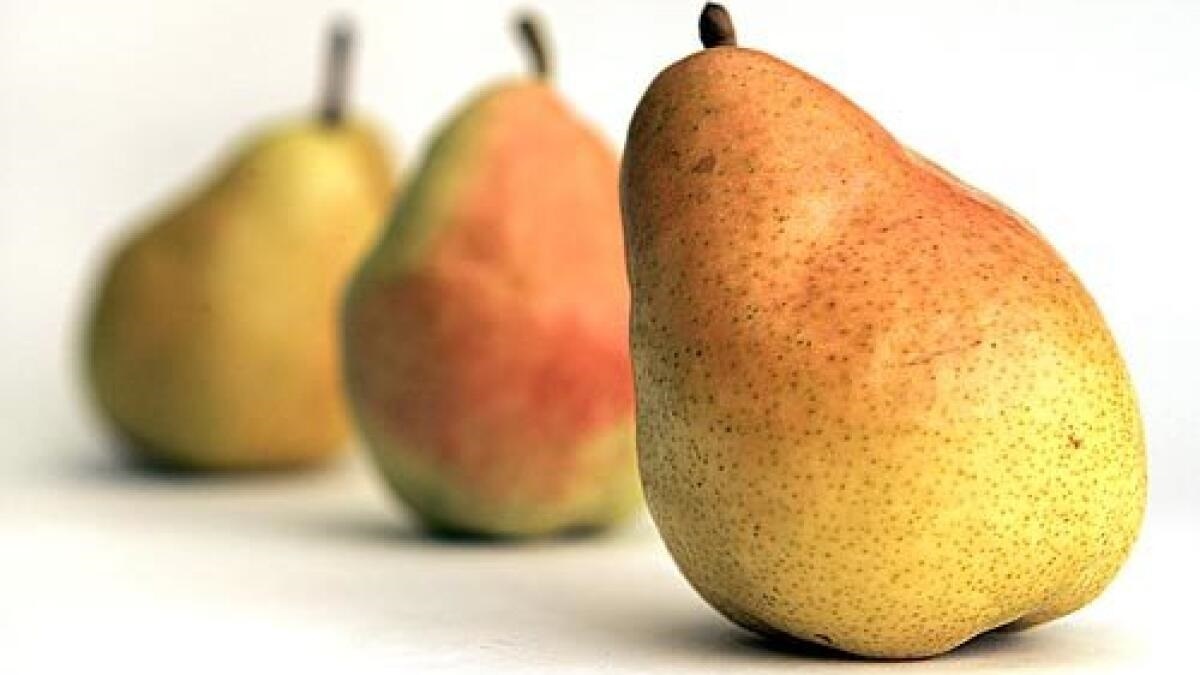
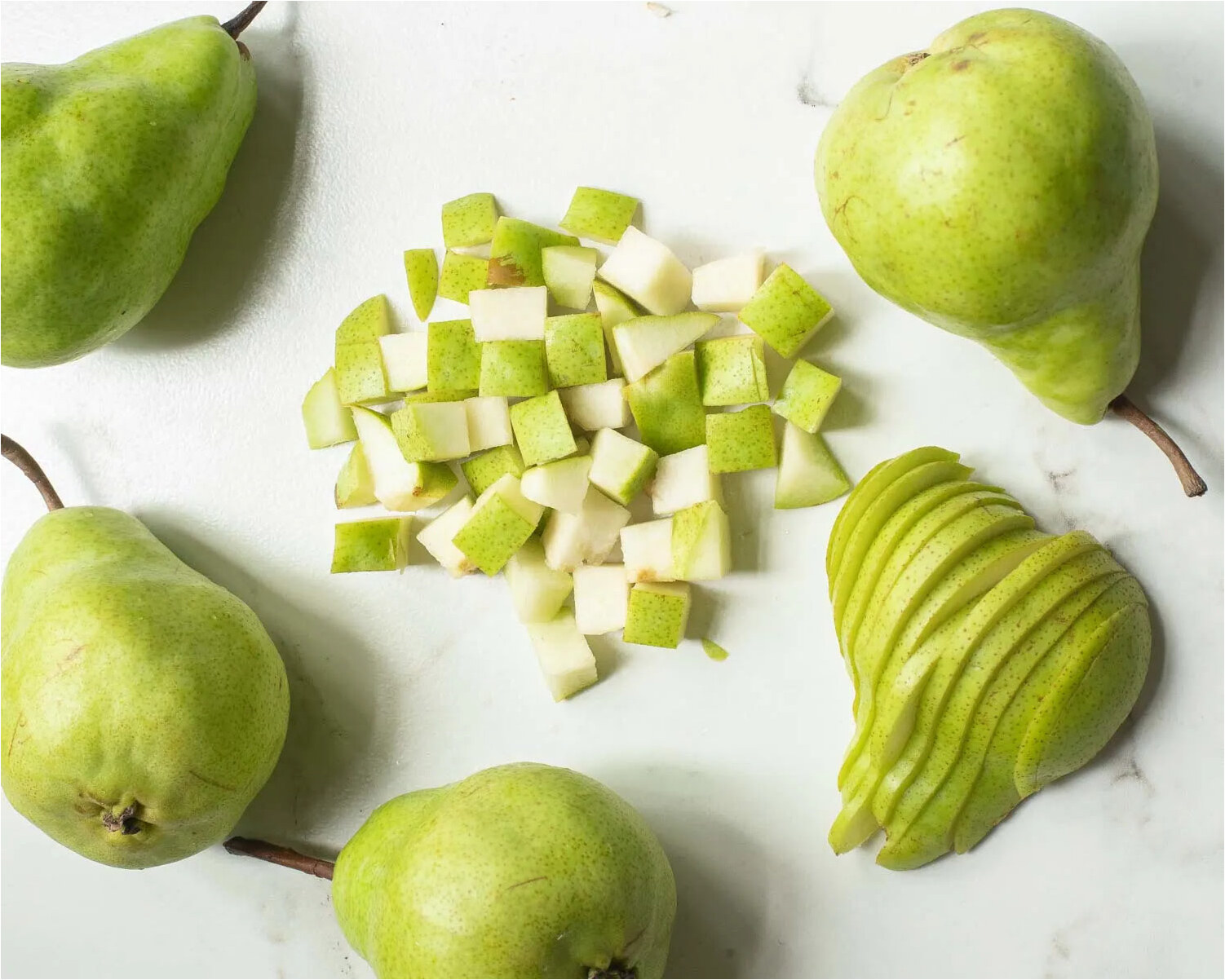
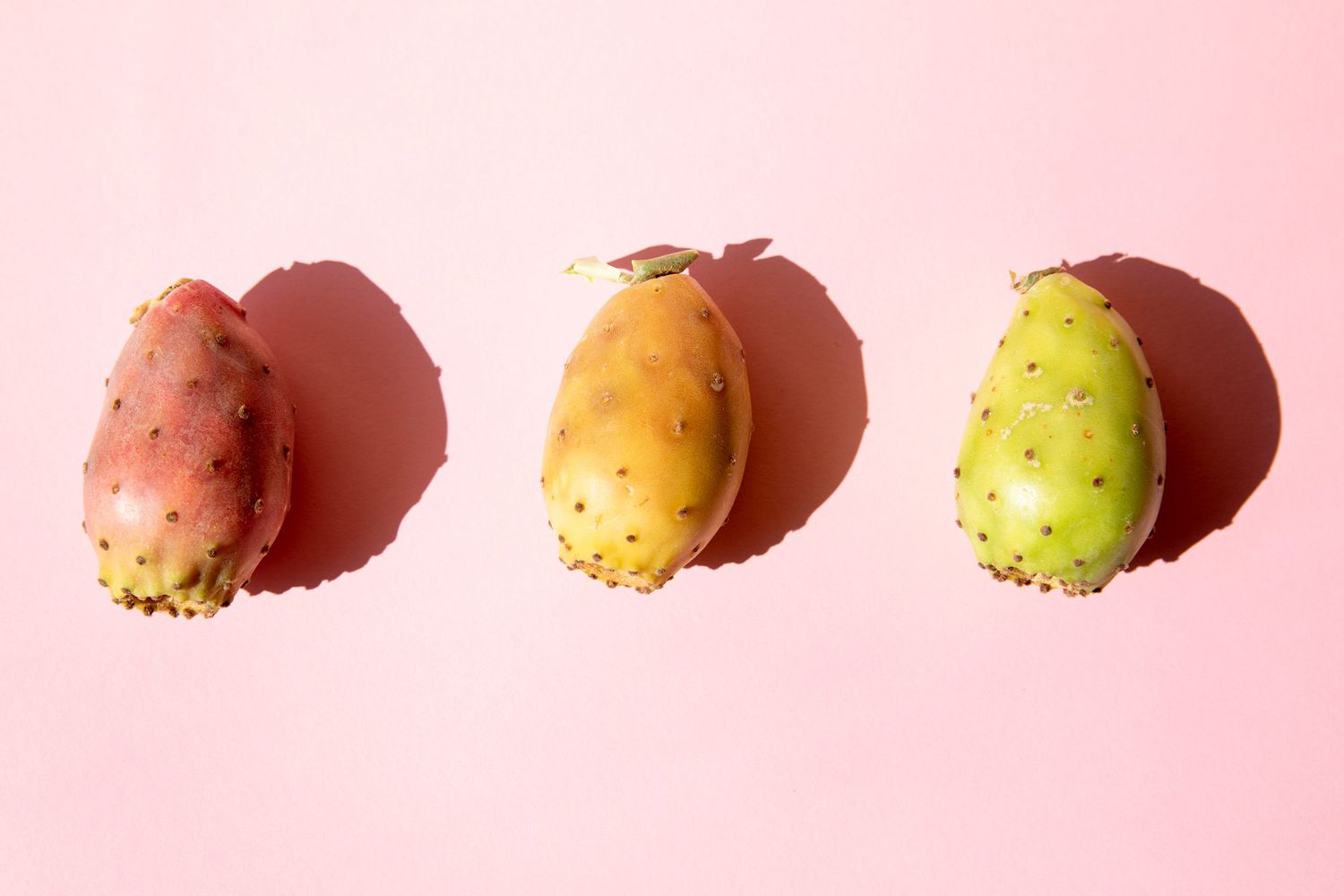
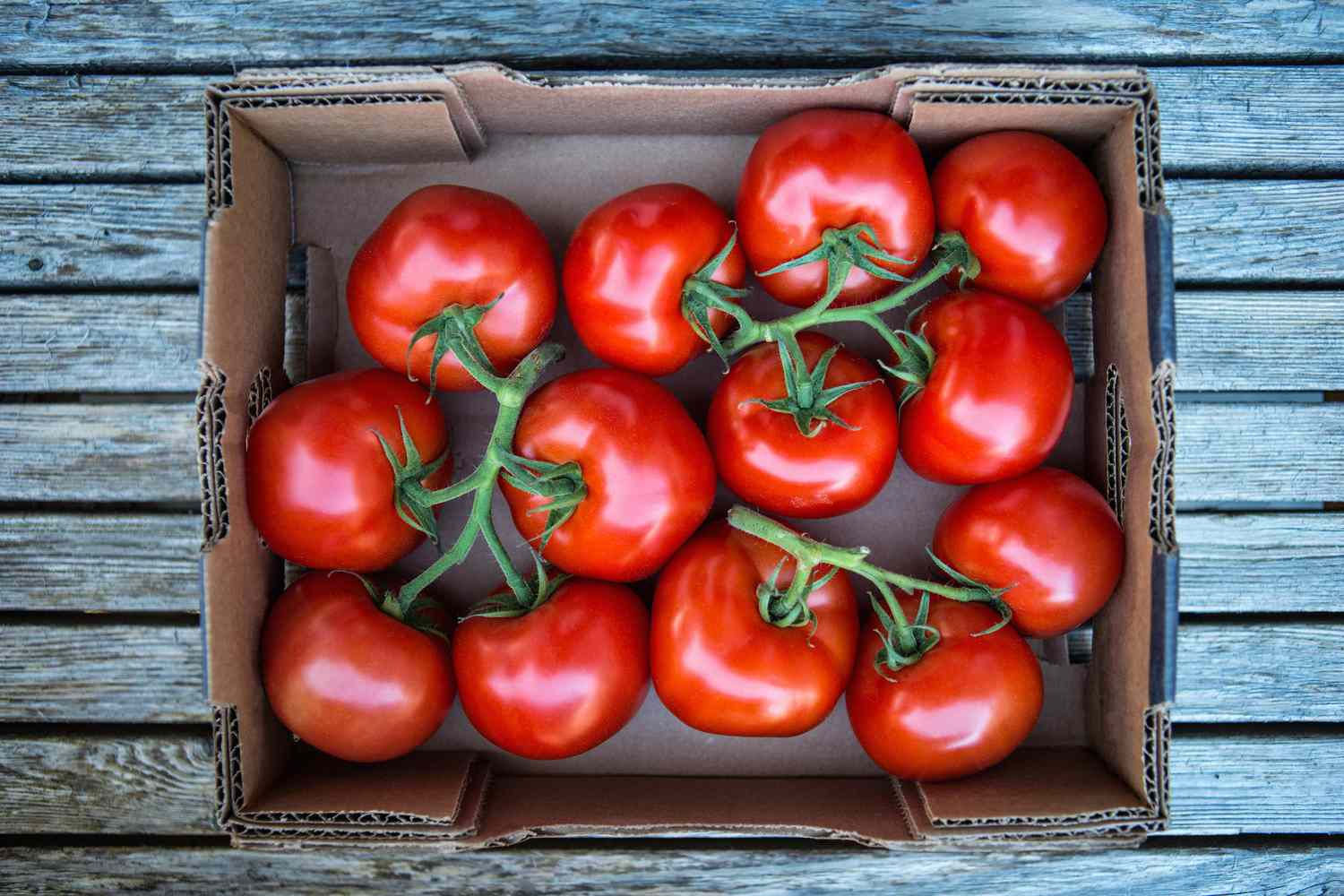
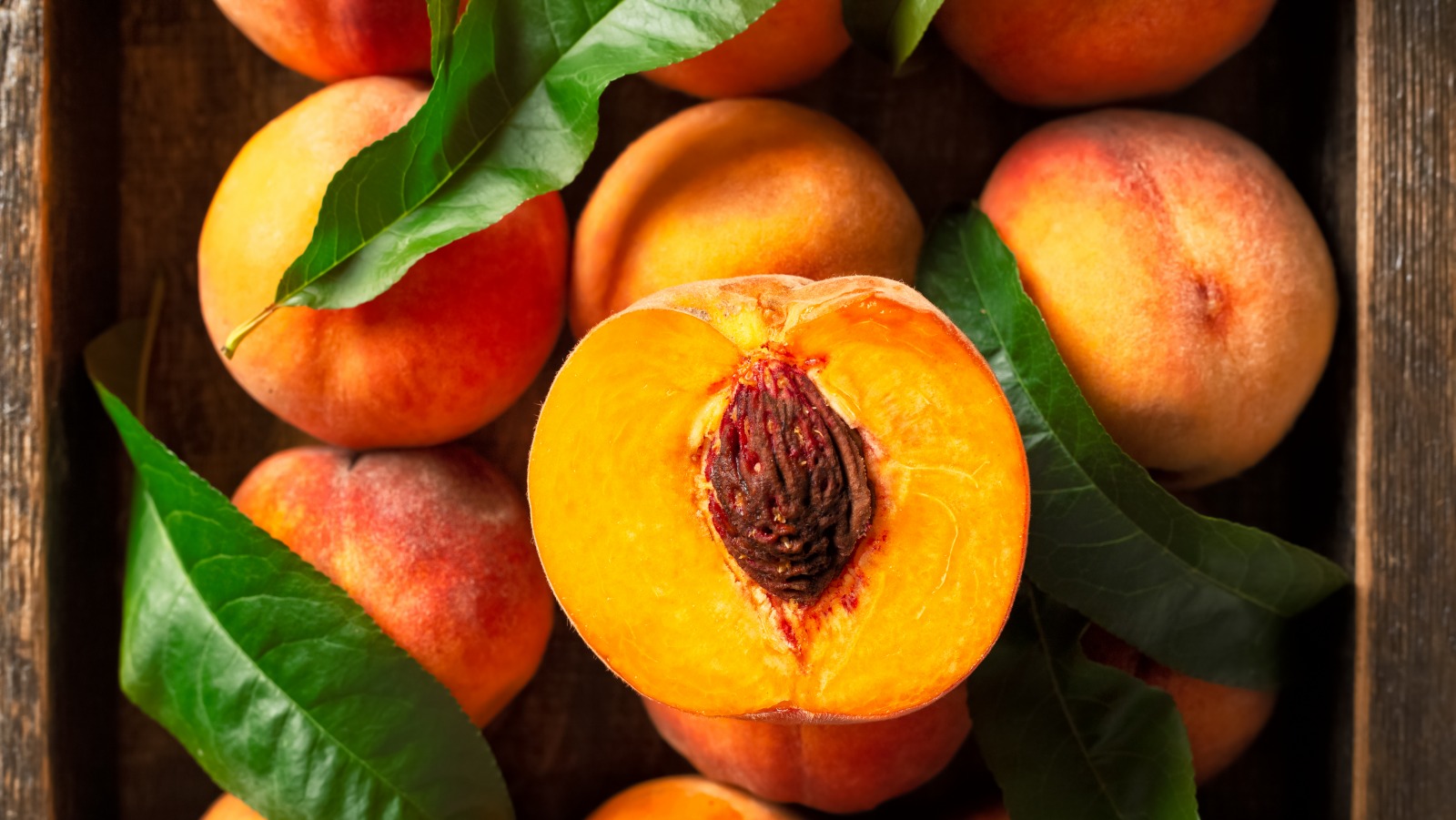
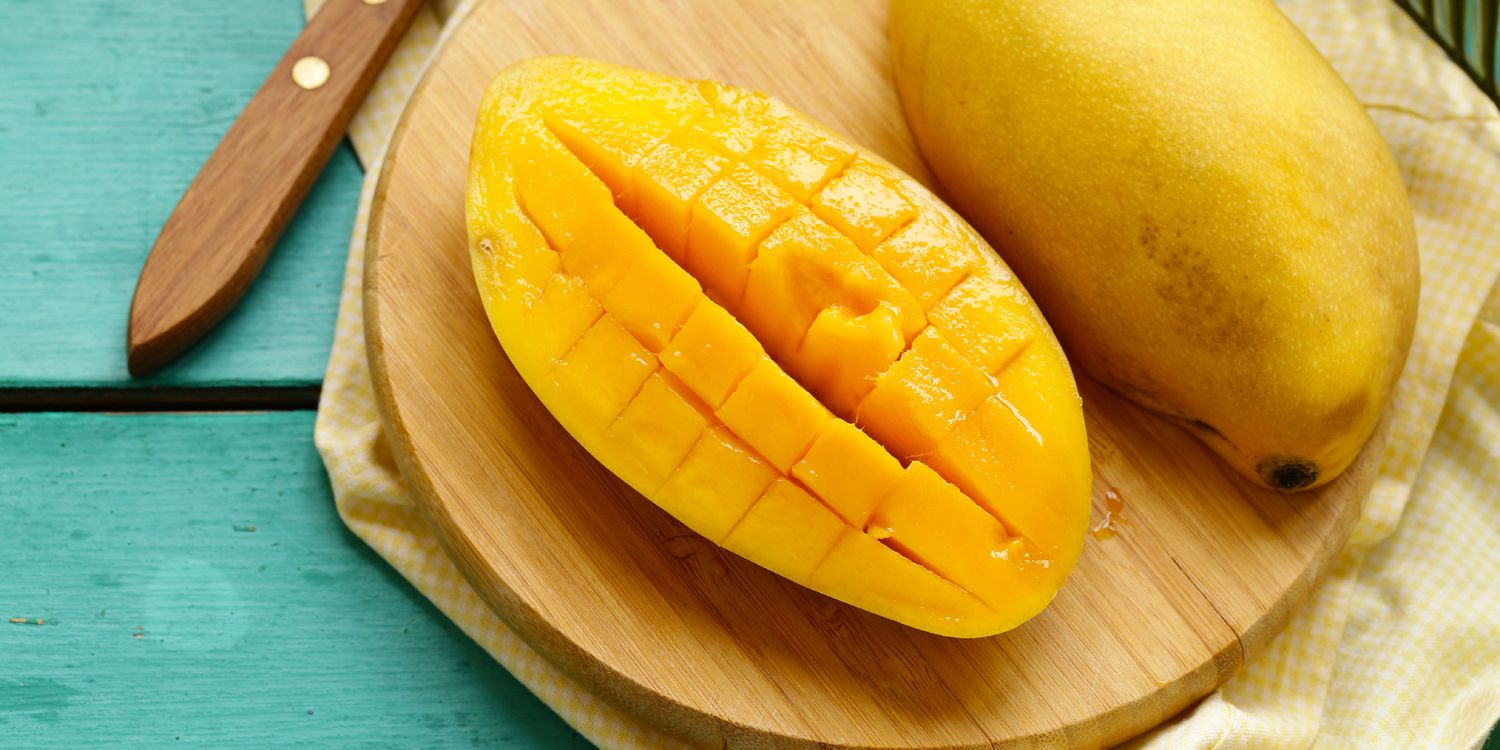
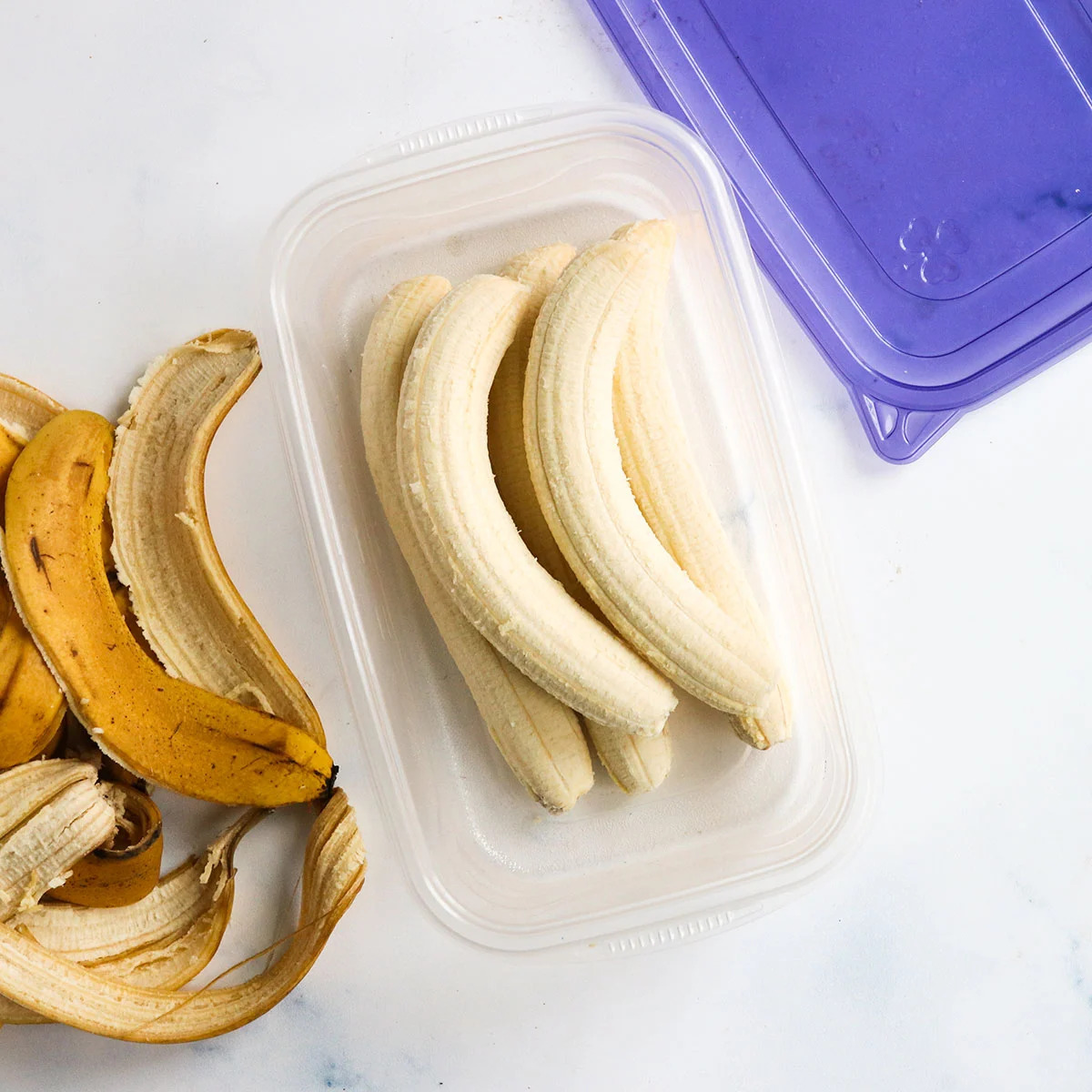
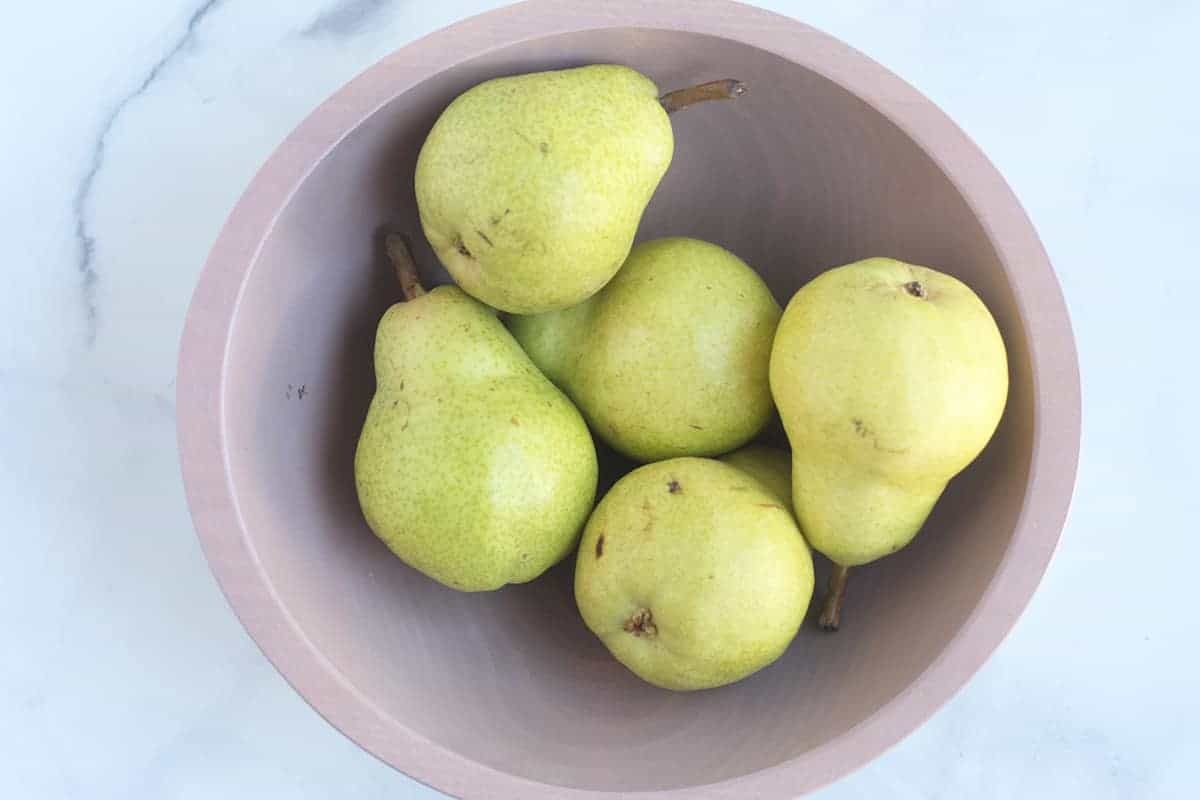
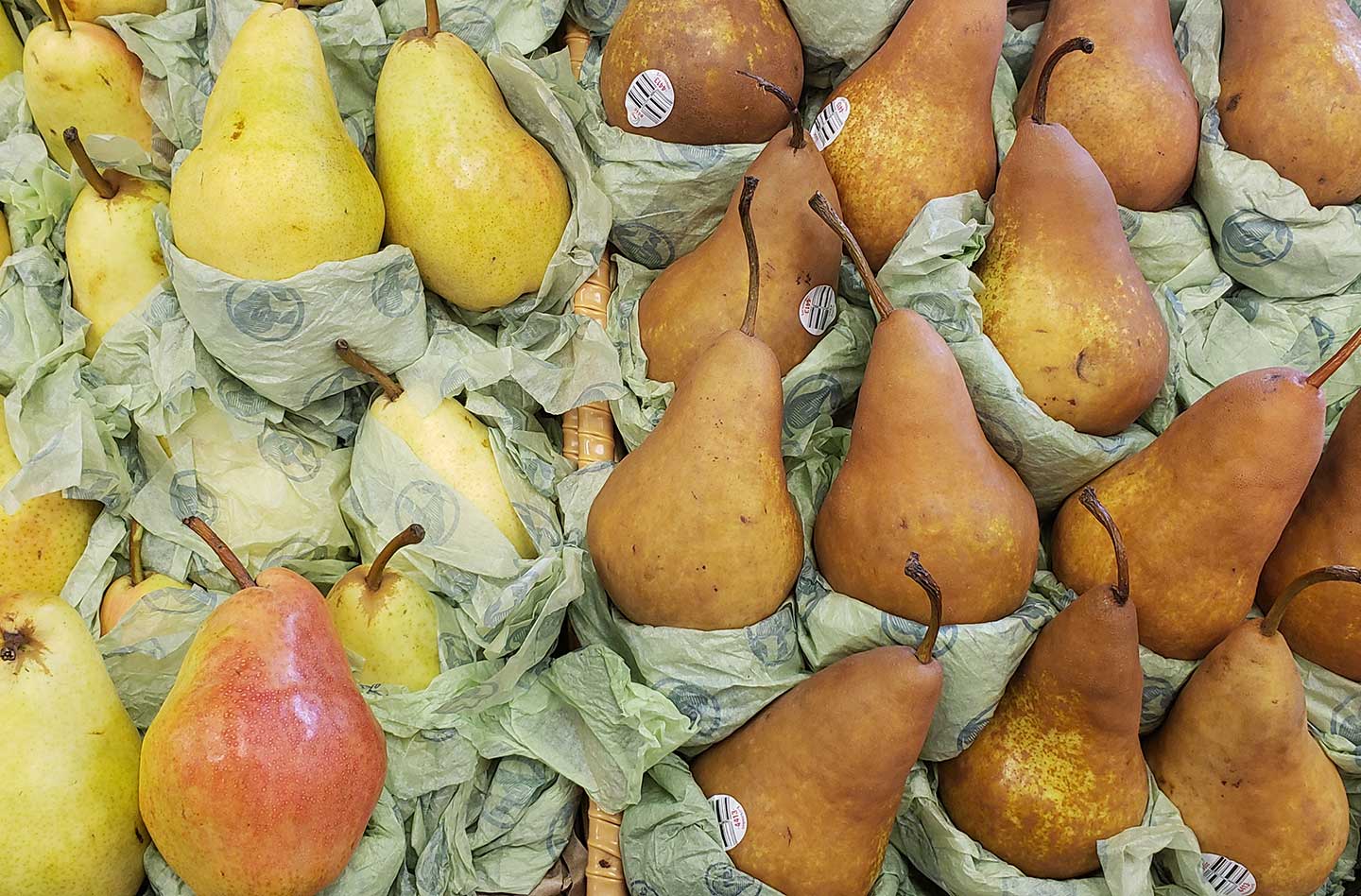
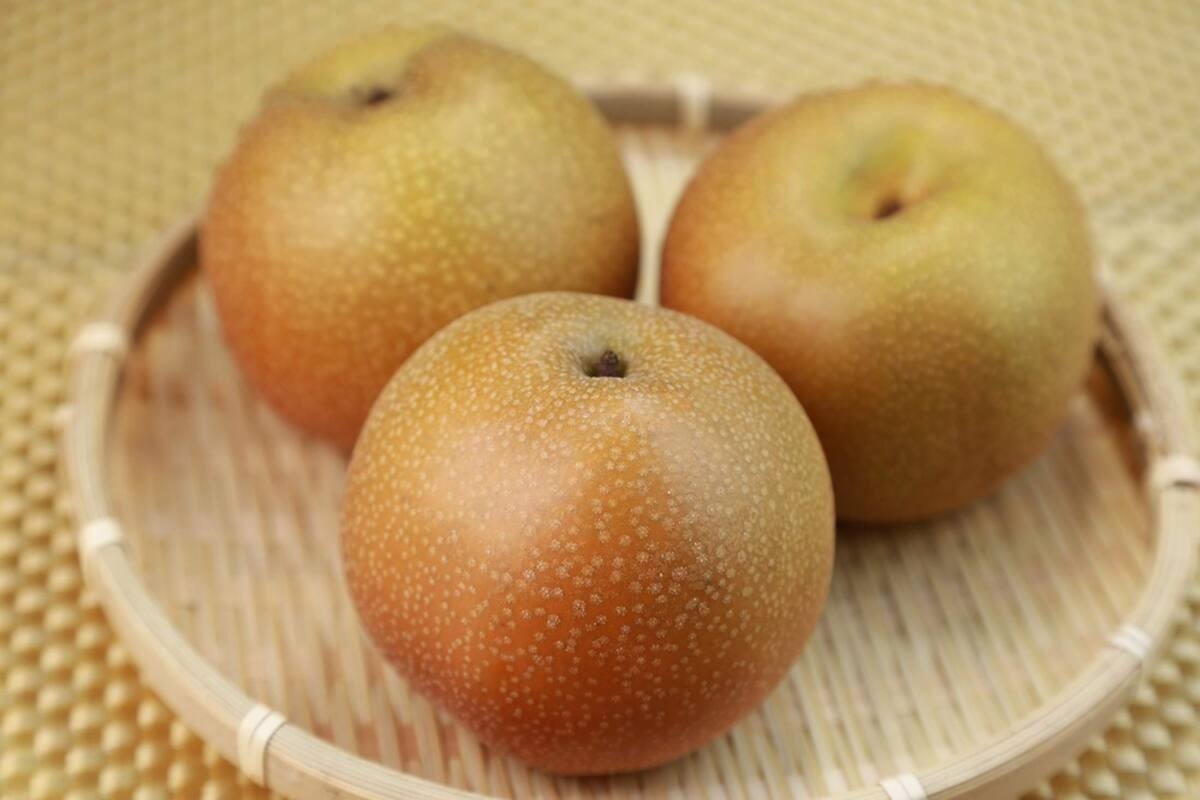
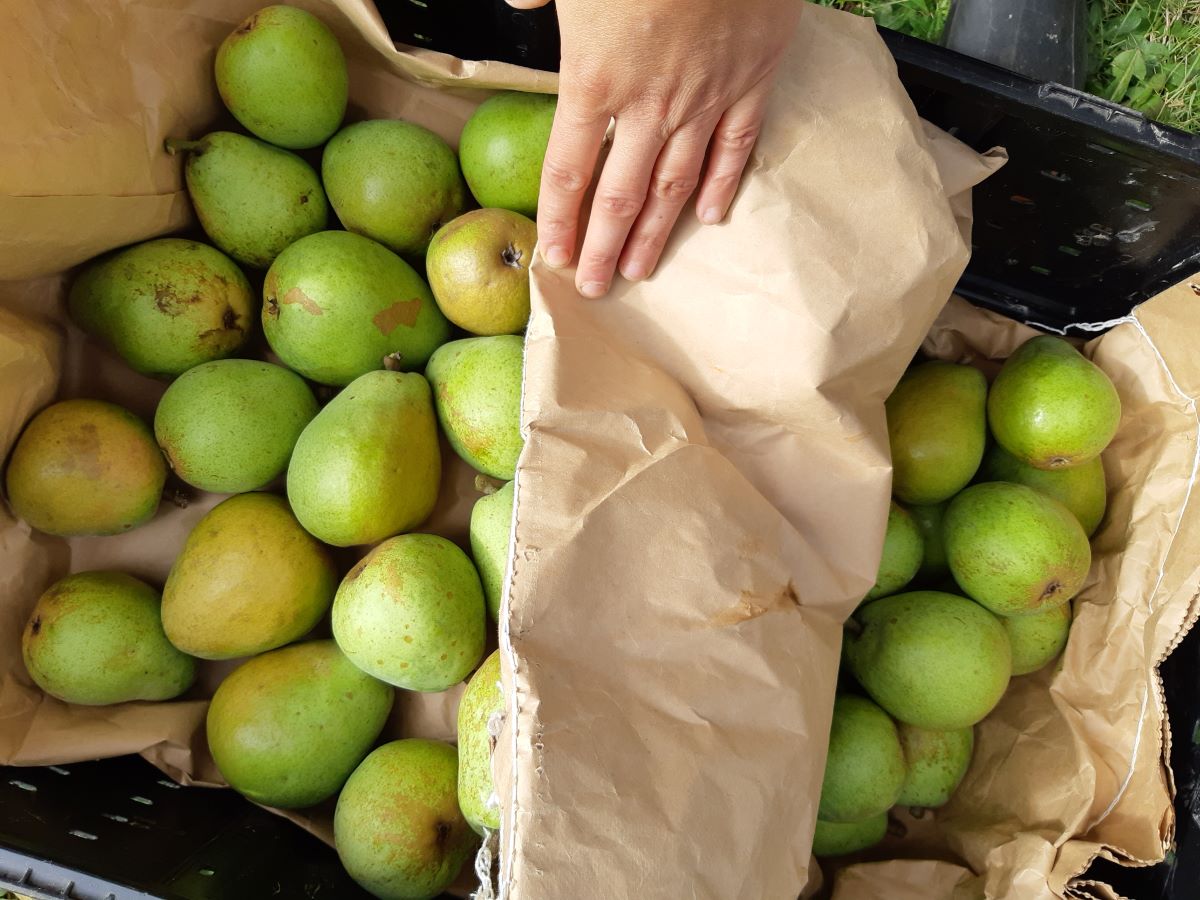
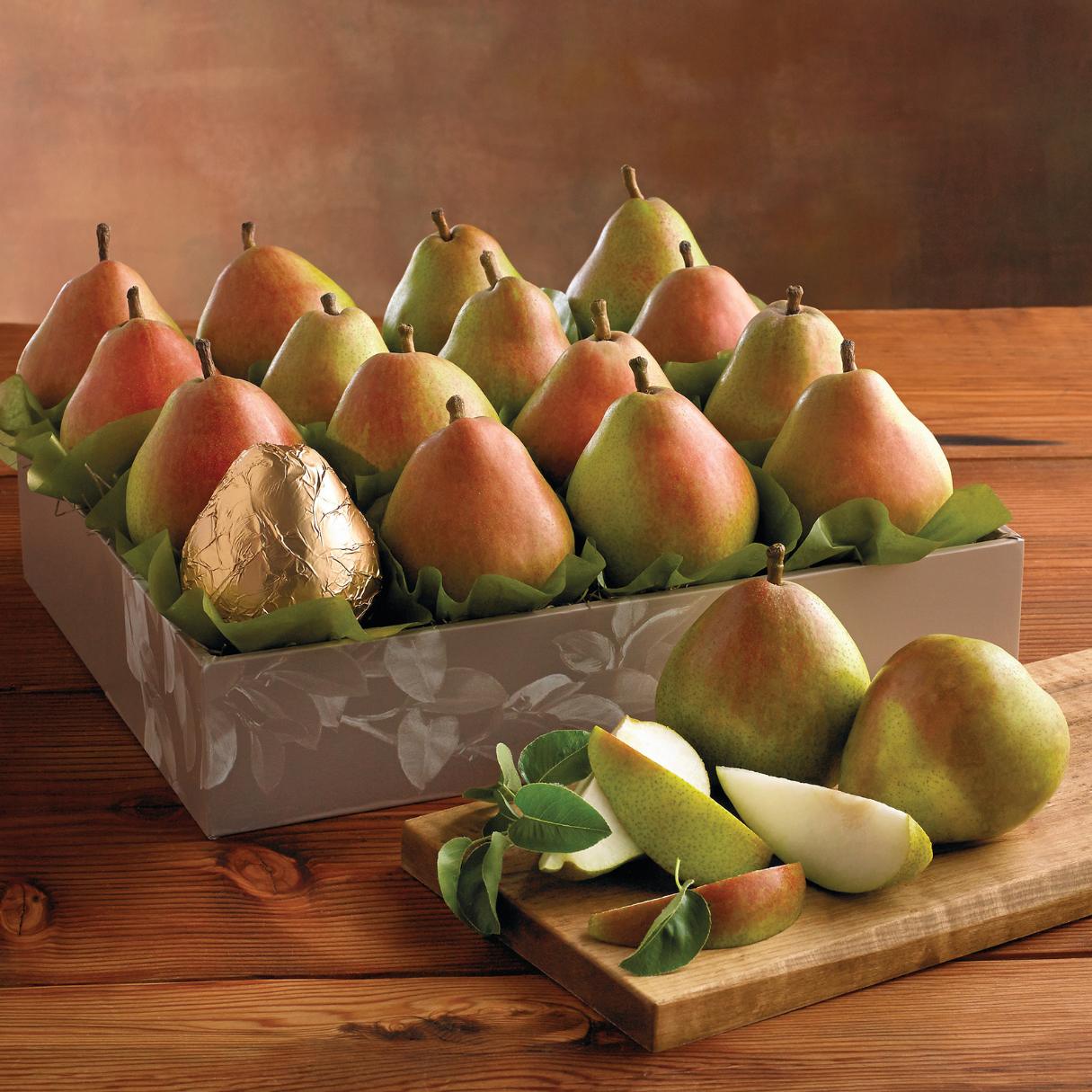
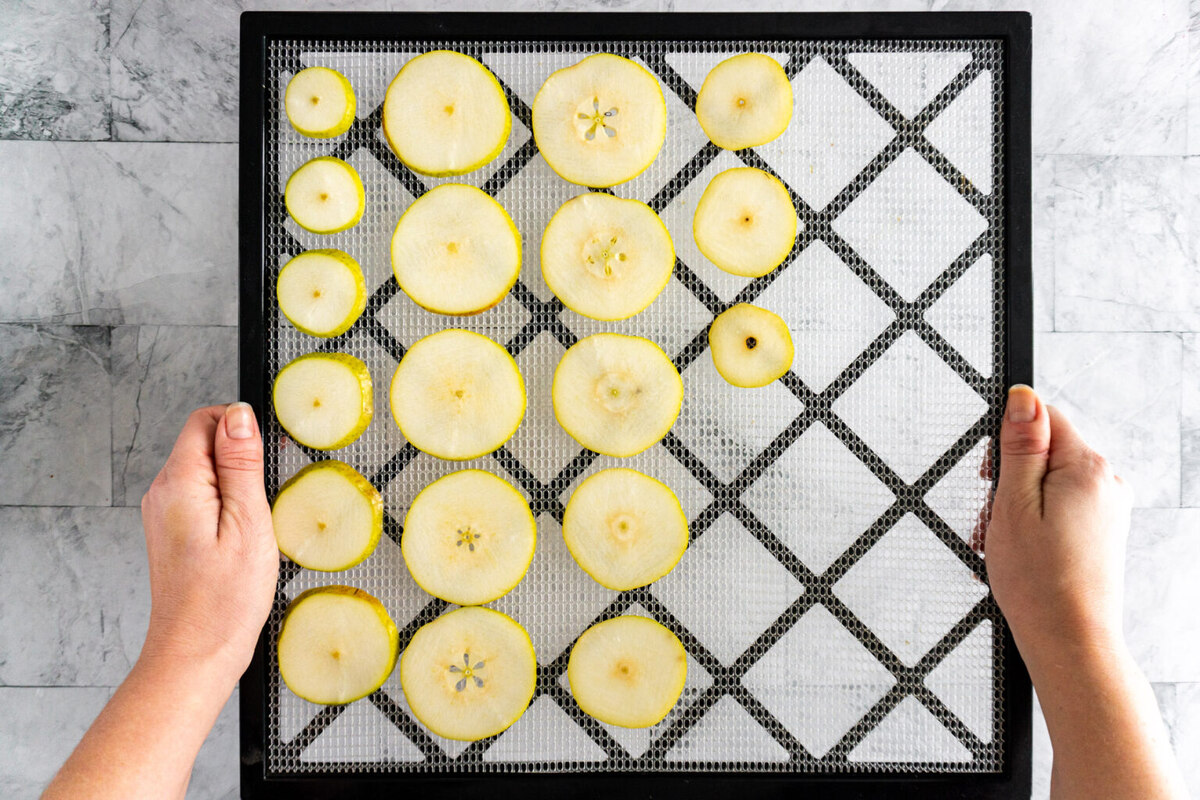
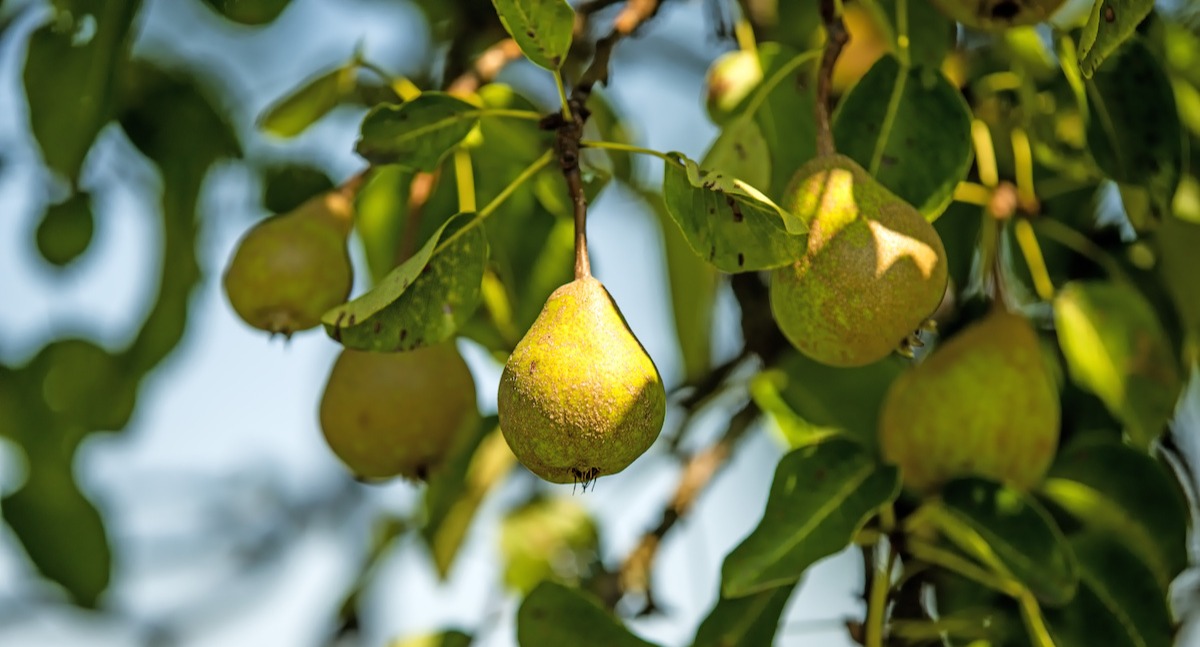

0 thoughts on “How To Store Ripe Pears”